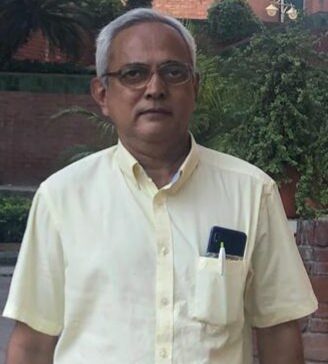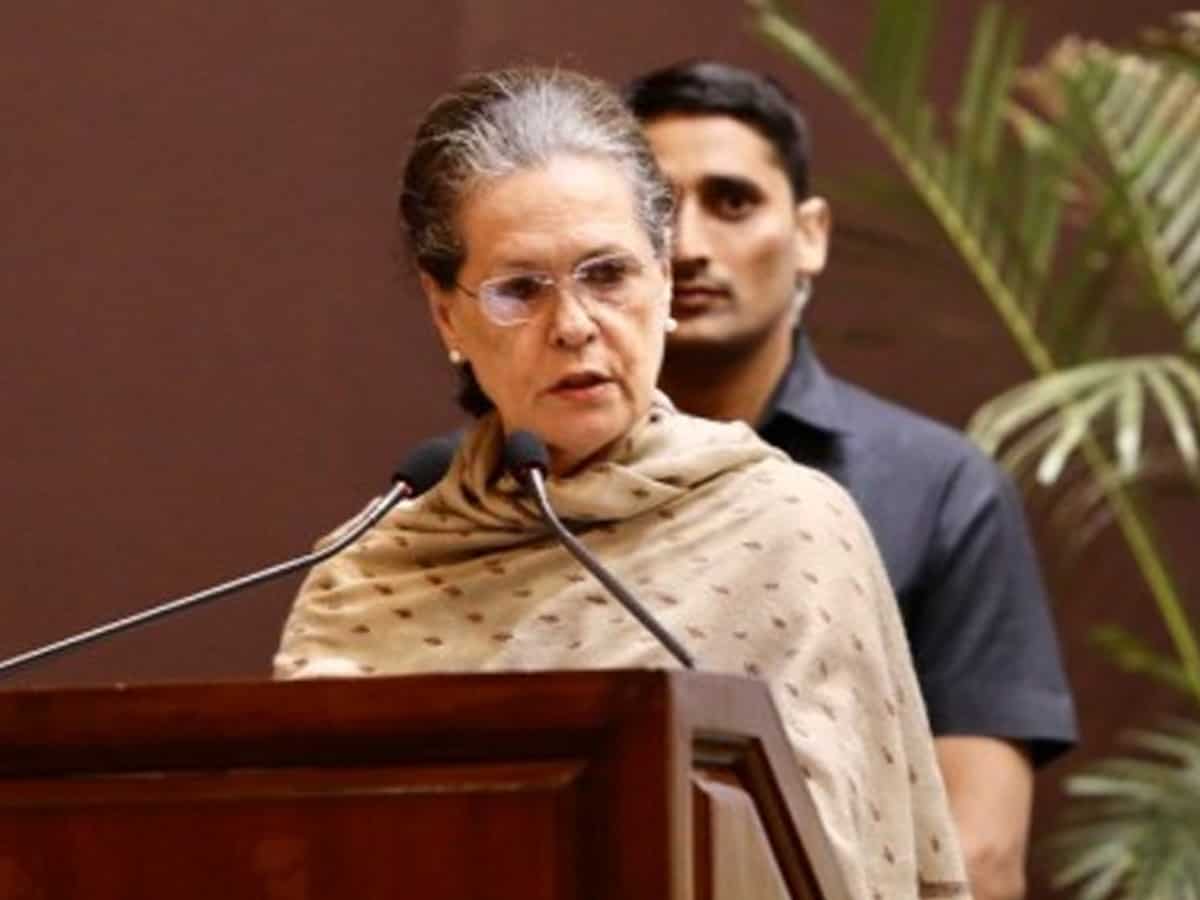
The Congress is gearing up to mount pressure on the Modi Government, with an eye on the next round of Assembly elections in early 2022. As the BJP appears to be politically in a tight corner, Congress President Sonia Gandhi is sensing an opportunity to wrest the political initiative back from Prime Minister Narendra Modi. Sonia Gandhi has come up with a two-fold strategy.
Ahead of the Winter Session of Parliament, Sonia Gandhi launched the fortnight-long Jan Jagran Abhiyaan from November 14-29. Again, the next phase of the political offensive is on the floor of Parliament, during the Winter Session from November 29 to December 23.
During the Jan Jagran Abhiyaan, Congress leaders and workers have been advised to undertake Padayatras and to make overnight halts in the villages. This is being seen as the best way to revive the party connect with the people.
Each day, the Padayatra begins with Prabhat Pheris, which is the most evocative way to connect with the people. This was the potent weapon, tried and tested by Congress, during the Freedom Struggle.
Shram Daan and Cleanliness Drive are Gandhian means to identify oneself with the vast masses of people.
Gandhiji gave the Constructive Programme concept. It included Gram Sudhaar through Shram Daan, Cleanliness Drive, Prohibition, Popularizing Khadi, etc. Sonia Gandhi perceives this as the moment to size, in order to ensure that the Congress gets back to Gandhiji’s Constructive Programme.
As the Jan Jagran Abhiyaan concludes on November 29, the stage is set for the next political offensive in the Winter Session of Parliament that commences that very same day.
In the Winter Session of Parliament, the Congress, which is the principal Opposition party, has hit upon a clever strategy. Leaving aside all contentious issues, the Congress has decided to lay siege to the Modi Government on issues relating to National Security, like the Chinese intrusions into Indian territory and the Pegasus Spyware Issue. Inflation and Price Rise, besides the withdrawal of the three controversial Farm Laws, are among the other issues identified by Congress for its political offensive on the floor of Parliament.
The Congress is also taking the lead for working towards broader floor coordination in Parliament, with other Opposition parties. The idea is to put up a united front in Parliament. The party leaders are still talking to Opposition parties. It takes time to crystallise.
In the Monsoon Session, the measure of Opposition Unity achieved through floor coordination was because of the Farm Laws and Pegasus. Similar efforts are on, once again, for the upcoming Winter Session of Parliament.
Significantly, Price Rise and Farm Laws remain big issues. In Parliament, the type of coordinated action that took place during the Monsoon Session is expected to continue even during the Winter Session.
Congress will continue to demand a discussion on Pegasus. The party feels that the Modi Government cannot take shelter behind the pretext that it is sub-judice. Congress feels that the Pegasus issue concerns not only the Fundamental Rights of citizens but also affects National Security.
Importantly, there have been two significant developments since the previous Monsoon Session. There has been an official admission from Israel that the NSO Group of Technologies only sells software to Governments and the US Government is taking stringent steps to ban the NSO. Has the Indian Government purchased Pegasus from the NSO? Or, has a no-Governmental agency acquired it? Congress will continue to raise it in Parliament.
The Congress contention is that while a committee has been set up by the Supreme Court to examine the issue, that cannot preclude it from the issue being discussed in Parliament. Not only the issue can be discussed, but, there has to be a debate in the presence of either the Prime Minister or the Union Home Minister, on the floor of Parliament.
As China intrusions is a sensitive issue, the Congress had even asked for an in-camera briefing of leaders, but even that has not happened. In 1962, at the height of Chinese aggression, Atal Behari Vajpayee demanded a discussion in Parliament, when the House was not in Session. Pandit Jawaharlal Nehru readily agreed and convened the House on November 8, 1962, and discussion took place when war was raging on the border. Nehru never dubbed the demand for debate as anti-national.
With every passing day, Prime Minister Modi’s statement in the All-Party Meeting that there was no incursion, is proving to be hollow. If there was no incursion, then the Chinese presence on Indian territory becomes an excursion, as a senior Congress leader remarked.
Congress is willing to set the parameters for the debate. Nobody in the Opposition will be irresponsible on such a subject. Only the Government has to allow the discussion, which is not being conceded.
As the Modi Government is gearing up to introduce a single bill to repeal the three controversial Farm Laws, Congress is expected to press for a debate. It feels that there is an insistent and imperative need to revisit why those Acts were made, in the first place. These Laws were brought in through the promulgation of Ordinances when there was no tearing hurry. The Bills could have been introduced in Parliament and referred to the Standing Committee and had a debate on the floor of Parliament before the Farm Laws were enacted.
Besides, why did it take one year and the death of 750 farmers for the Government to repeal the laws?
Apart, Congress wants to push for a statutory guarantee for Minimum Support Price (MSP). This assumes significance in the backdrop of the moves to bring the private sector into agricultural procurement and the move to dismantle Food Corporation of India (FCI) and public procurement, thus privatizing trade in agricultural produce.
While MSP, so far, has been a mere Executive Decision, there was no issue, as such, given the robust policy of public procurement and food security. Now, with Government pulling itself out and leaving the field open for the private sector to move on to the centre stage, a legal guarantee for MSP seems so much more logical.
Although the decision has been taken to withdraw the controversial Farm Laws, politically the issue is far from over. There has to be a well-informed debate.
The discussion must also focus on the way forward. Congress certainly wants the Winter Session to function normally. It does not want a repeat of the Monsoon Session.
Sonia Gandhi wants Congress to play a constructive Opposition party’s role. Much depends on the stand to be taken by the Modi Government. After the repeal, if it is willing to allow a debate, as well, the Winter Session could be that much more productive.
Venkat Parsa is a senior journalist and writer based in New Delhi.
Views expressed are personal

